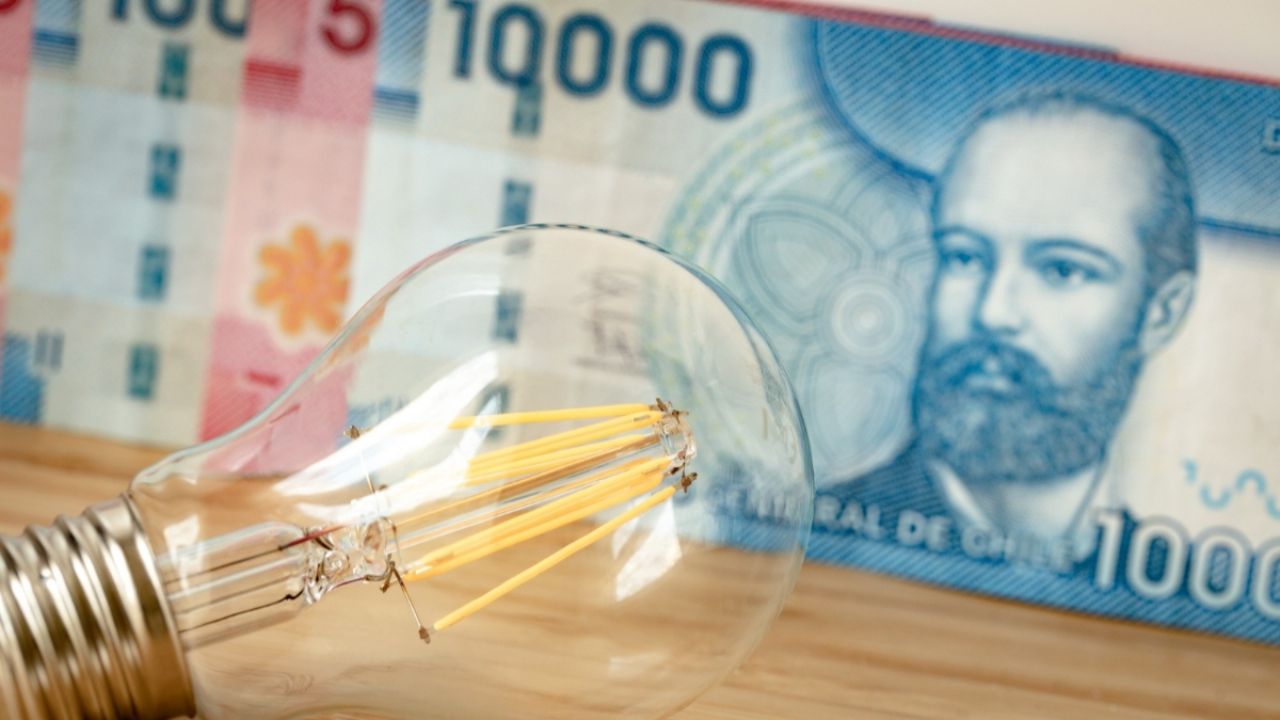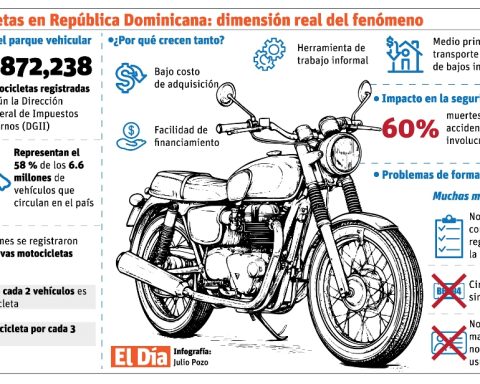Starting October 1, Chileans will have to face news that will directly impact their pockets: the National Energy Commission (CNE) has confirmed that electricity bills will increase by 23%. This increase comes in a context of successive increases that began in previous months, with increases of 7% in June and 12% in July. The recent technical report published by the CNE details that this adjustment is imminent, which generates growing concern among citizens.
The origin of this increase in electricity rates is due, in large part, to an accumulated debt that was generated after the price freeze implemented in 2019. During that year, after the social outbreak, the government of former president Sebastián Piñera decided to avoid an abrupt increase in bills. of electricity, a measure that brought with it long-term economic consequences. With a debt exceeding $6 billion, the Chilean electricity system now faces the need to recover those costs.
Many citizens have begun to look for ways to reduce their energy consumption. However, it is not only the price freeze that has influenced this increase in rates. The Covid-19 pandemic has also played an important role, affecting both energy consumption and production. In response to this crisis, the government approved Law 21,472 in 2022, which established a Customer Protection Mechanism to avoid increases excessive

Despite these efforts, the measures adopted have not been sufficient to stop the increase in light bills. The constant increase in energy production and distribution costs has generated a situation in which consumers must assume a significant part of the adjustment. The announcement of the 23% has caused a wave of discontent, and many wonder how long these increases will last.
The escalation in energy costs has also reignited the debate over whether it is cheaper to cook with gas or electricity, an issue that many Chilean households are reconsidering. He increase of electricity rates has made gas once again an attractive alternative to reduce daily costs, especially in a country where basic service bills play a central role in the family budget.


















